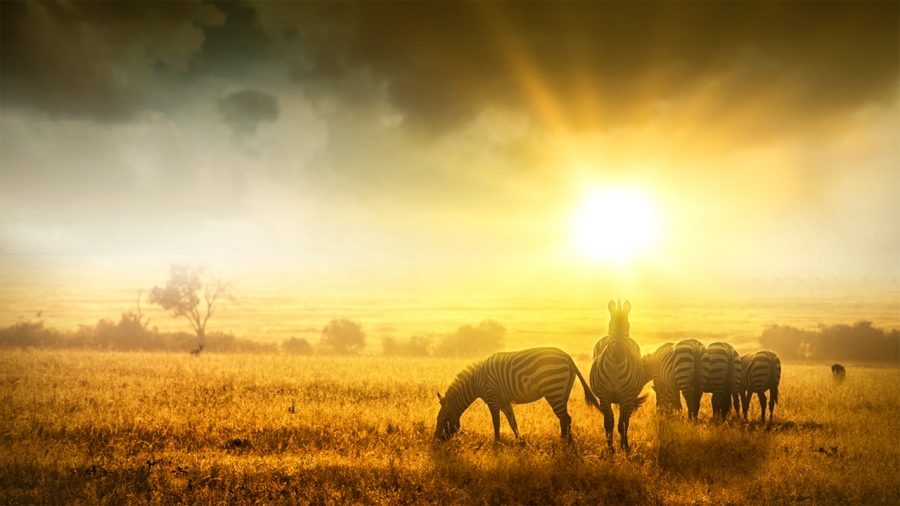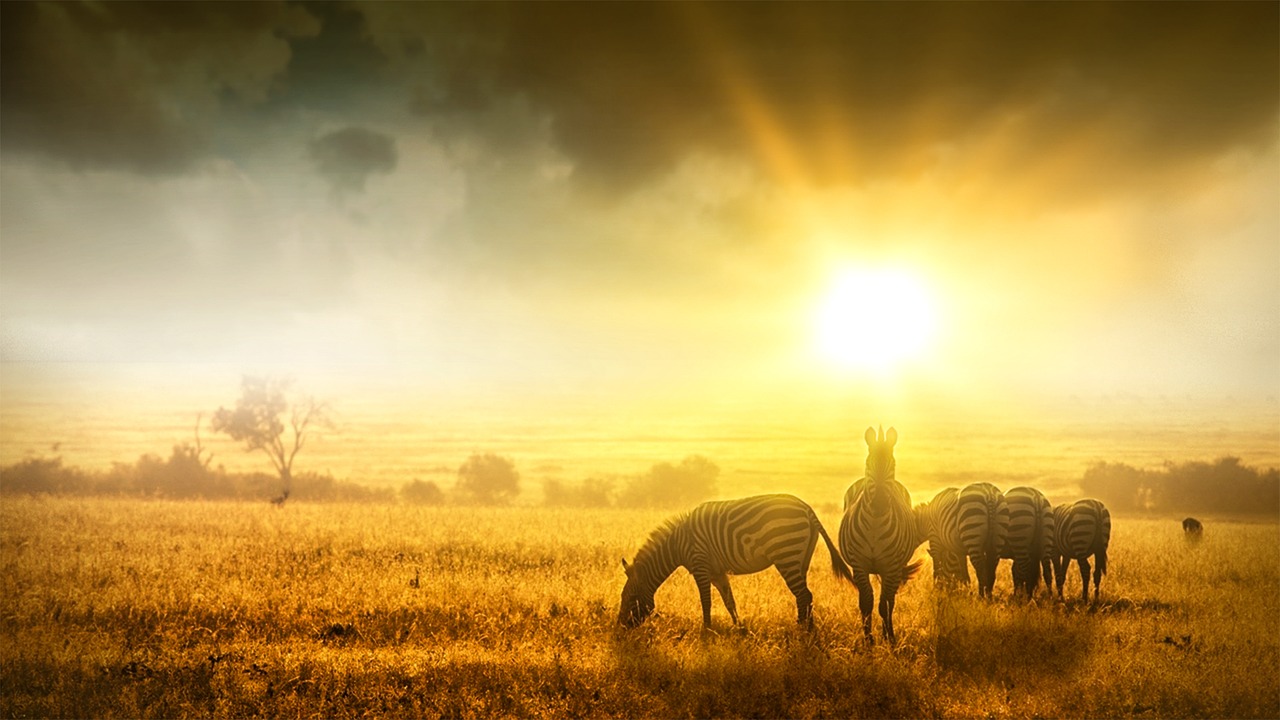
10 Million Ha Wildlife Land Identified for Previously Disadvantaged in South Africa
The Department of Environmental Affairs and stakeholder within the environmental sector are identifying 10 million hectares of suitable land for previously disadvantaged individuals and communities to become owners of sustainable wildlife-based business ventures. The new owners would be supported with infrastructural development (game fence, ecotourism facilities etc), game donation/loaning, skills development and training, access to […]

The Department of Environmental Affairs and stakeholder within the environmental sector are identifying 10 million hectares of suitable land for previously disadvantaged individuals and communities to become owners of sustainable wildlife-based business ventures.

The new owners would be supported with infrastructural development (game fence, ecotourism facilities etc), game donation/loaning, skills development and training, access to markets and funding… to ensure their businesses are sustainable, said Deputy Minister of Environmental Affairs, Barbara Thompson.
She said the environmental sector is ideally placed to increase the ownership percentage of black women, youth and communities in the country’s economy.
The Deputy Minister was addressing the launch of the Mayibuye Game Reserve Wildlife Economy Pilot Project in the Umkhambathini Local Municipality on Thursday.
She said there’s enormous potential in the South African wildlife sector – which already employs around 100,000 people – with the value chain centred on game and wildlife farming/ranching activities.
The key drivers of this value chain include domestic hunters, international hunters and a growing retail market demand for wildlife products.
“It is believed that the domestic hunting market was approximately R6.4 billion, while the international hunting market was approximately R1.4 billion in 2013.
“In addition to hunting, game farmers can generate income from the sale of game meat, wildlife products and live game,” she said.
The retail and export game meat market was estimated at R230 million in 2013.
Thompson said structural inequalities in the economy created too many barriers to the sector for black South Africans before – such as the high capital costs for acquiring land.
“Overcoming these barriers to entry or challenges requires coordinated efforts from the government, private sector and communities,” she said.
Mayibuye Game Reserve received R10 million funding from the Department of Environmental Affairs.
Thompson said the game reserve has made significant progress since the R10 million funding, as a 35-kilometre wildlife fence has been erected, a gate house and offices are being built, two houses have been refurbished, 15 field rangers have been trained and employed while a commercial “Business for Good” site has been refurbished and wildlife introductions (zebra and wildebeest) have been initiated.
“In terms of employment, 76 temporary Expanded Public Works Programme (EPWP) jobs have been created through erection of the fence. This has unlocked a further R100 million private investment for the development of the eco-estate,” she said.
The local community, the Ximba people, were awarded a land restitution claim in terms of a settlement agreement in April 2007.
During the handover yesterday of over 4,000 hectares of land – that forms part of the Mayibuye Game Reserve Wildlife Economic Project – about 30 local members of the Ximba community disrupted the ceremony, claiming that those to whom it was being handed over, did not come from the area. They claimed they were the rightful owners, but their names didn’t appear on the beneficiary list.
The Mayibuye Community Trust formed by the community entered into a 99-year lease with the developer and the strategic development partner, whereby the land would be developed into a game reserve with a component of residential property, commercial sites and hotels.
– SAnews.gov.za
Some members of the community of kwaXimba which were awarded land restitution in 2007, have come to protest the launch of the Mayibuye Game Reserve, saying those to whom it is being handed over, do not come from the area. pic.twitter.com/4YGUfGFD9I
— Nosipho S Mngoma (@Mzoeloe) April 12, 2018
The unvailing of the Mayibuye Game Reserve (MGR) Wildlife Economy project by Deputy Minister Barbara Thompson in Pietermaritzburg, KwaZulu-Natal pic.twitter.com/1kKXpqTppG
— 💛zoleka 💫Nkosi💛 (@zoleka_nkosi) April 12, 2018
